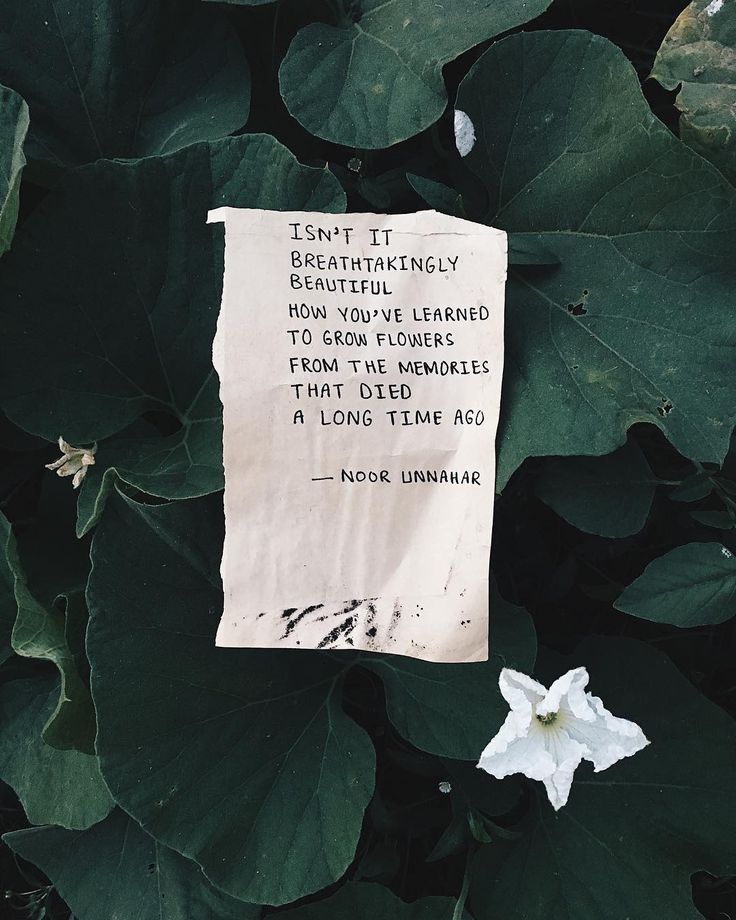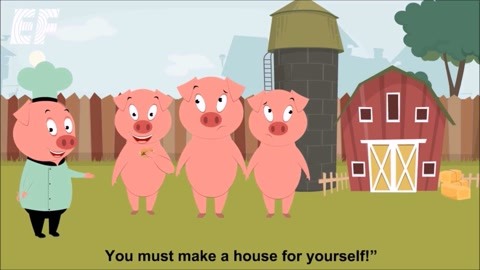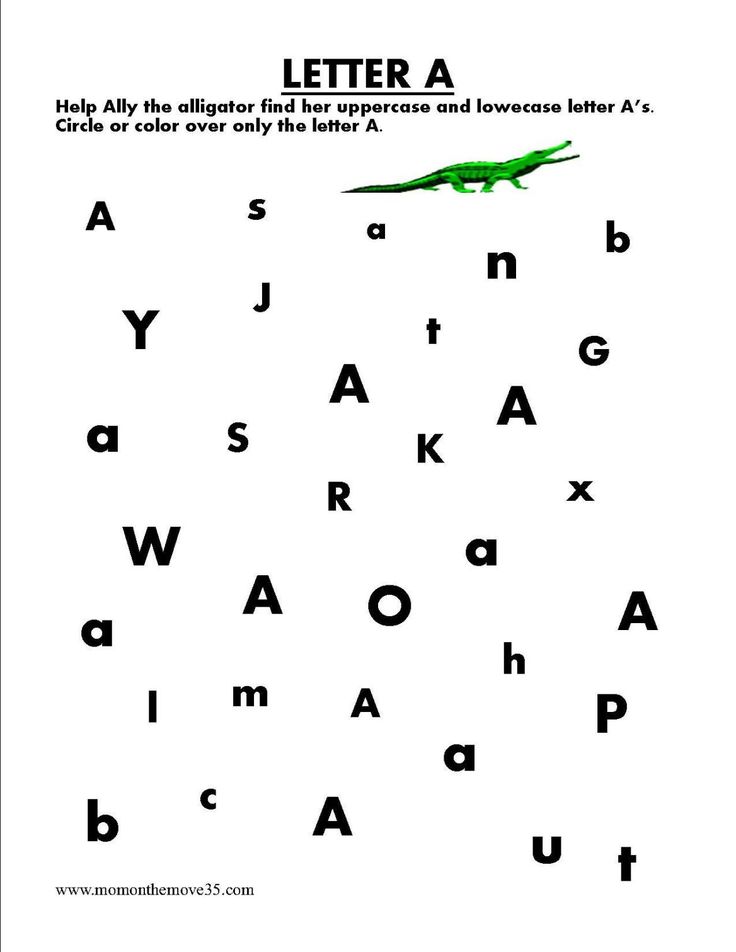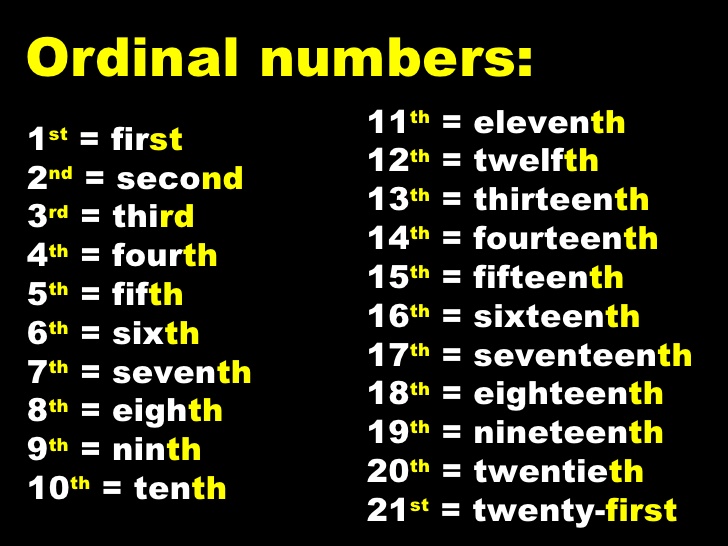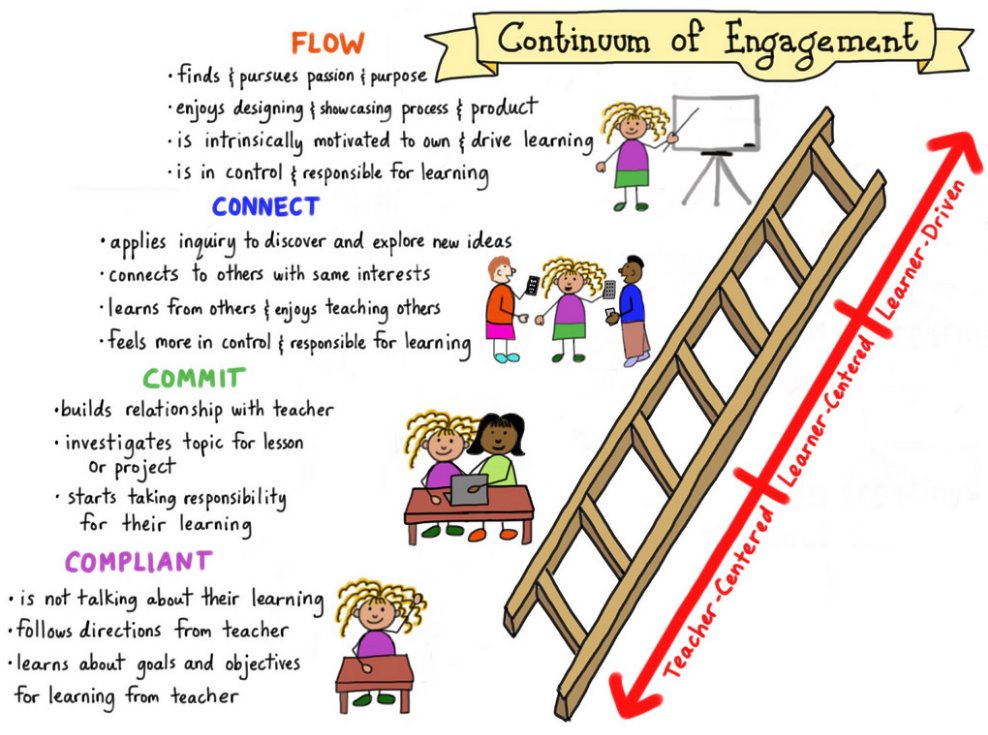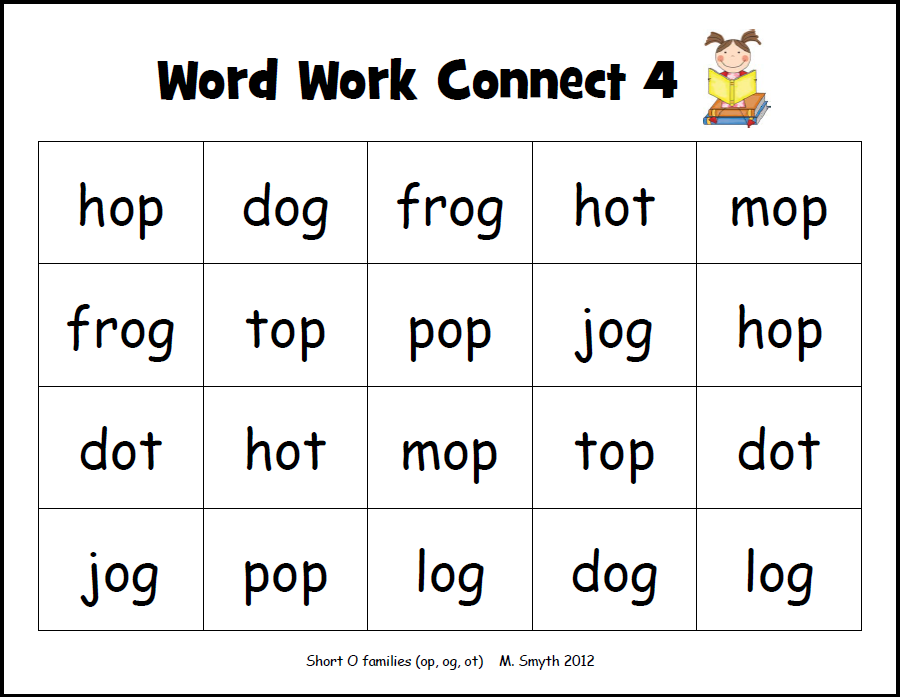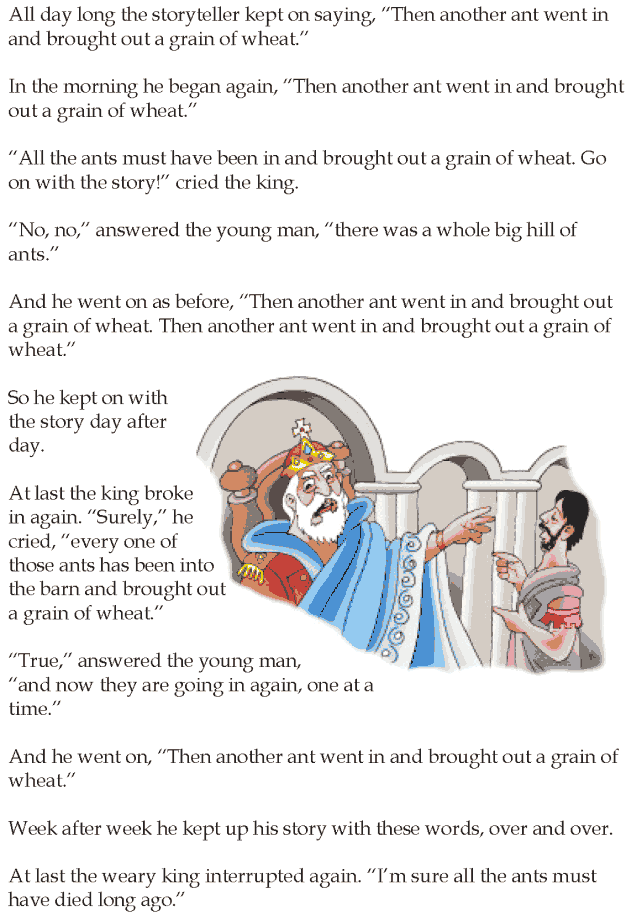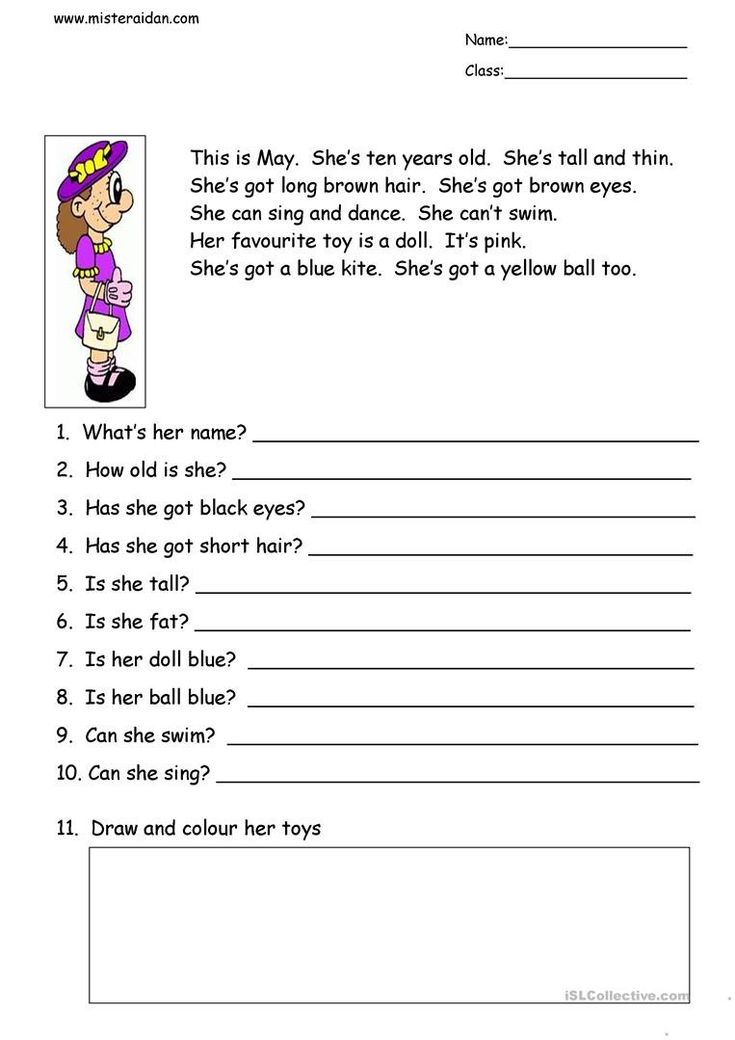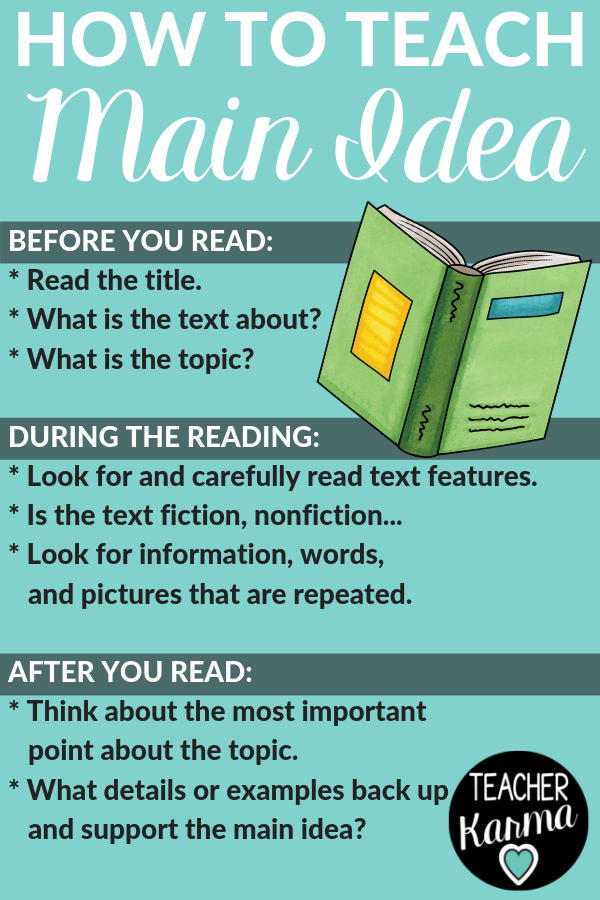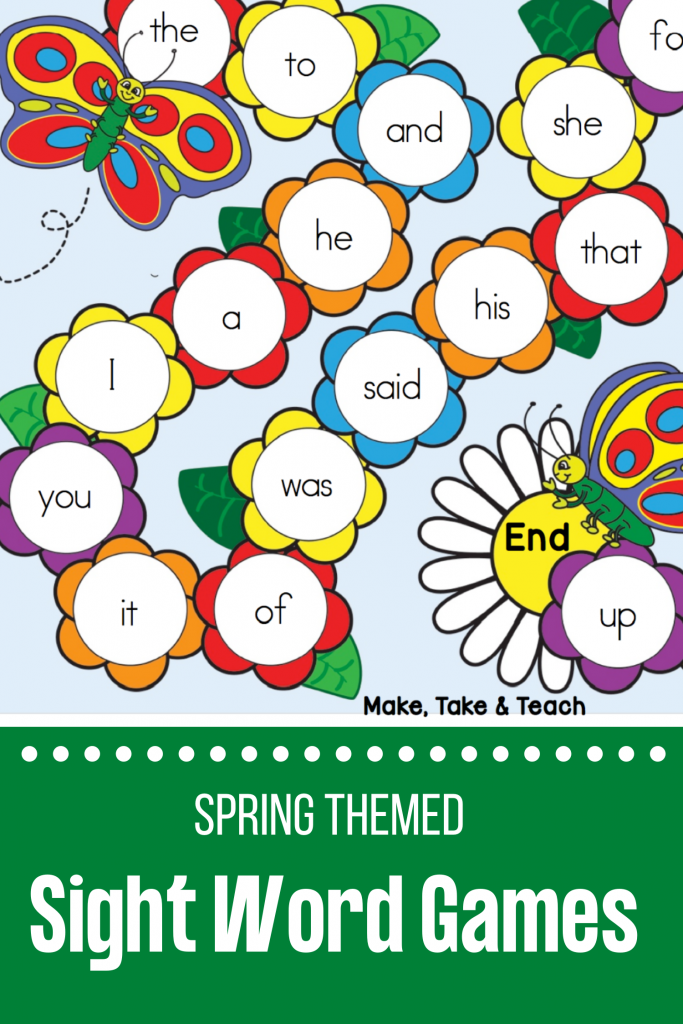Learning to grow
How to Continuously Learn and Grow
Theory
Three tips to unlock lifelong learning and stay ahead in this world of accelerated progress.
5 minute readProductivityOnly in my lifetime, we’ve gone from clunky, twisty cord phones to answering machines to pagers to brick-like cell phones to smartphones to watches that can tell me what flavor of garbage I had for lunch last weekend.
Progress is accelerating—technological progress, cultural progress, informational progress. The change between 2015 and 2020 is far greater than the change between 1995 and 2000. On the one hand, this progress is incredible. Our lives are improving and changing at an astounding pace. But on the other hand, it’s easy to feel overwhelmed, burnt out, and left behind.
It’s because of this acceleration of progress that I believe developing the ability to learn quickly and efficiently is more important today than ever before. When information becomes virtually infinite, then the advantages of learning and processing information in impactful ways grow exponentially.
Not only are you using the same information better, but you’re able to discover, comprehend, and synthesize far more information than others and do it at a far faster rate.
This ability to learn quickly and self-sufficiently has a compounding effect as well, driving an even greater division in results. The more you learn now, the better you will be able to learn and process new experiences in the future. Therefore, if you develop the ability to learn well—that is, if you learn how to learn—you have more opportunities than ever before to accrue huge, compounding results.
One way to think of the stratification in society at the moment is that there is a growing gap between those who learn well and quickly and those who do not. That gap comes in many guises, not just income gaps, but also gaps in health, well-being, divorce rates, addictions, and so on.
Perhaps the most important subject of all is simply helping people learn how to learn, to increase our capacity to synthesize new information.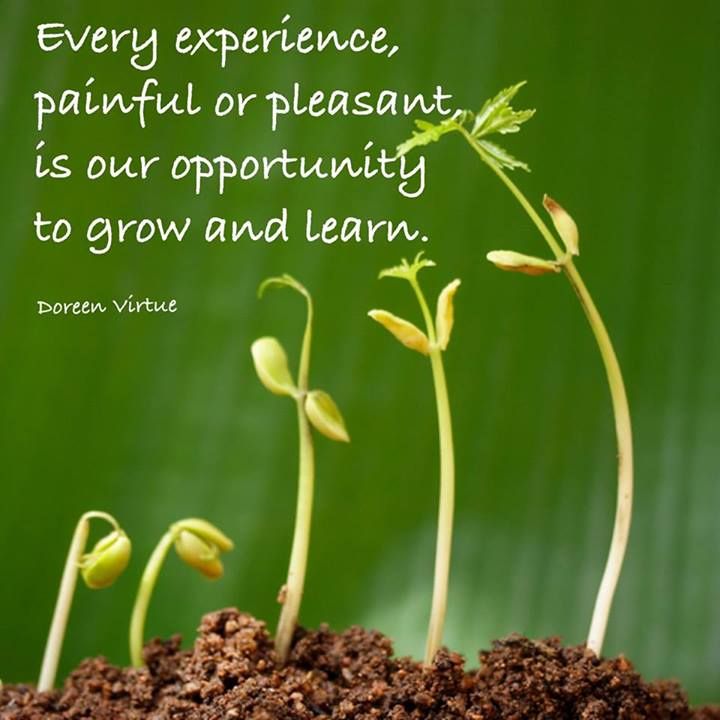 As we continue to fly up the ever-steepening curve of progress, the mental and emotional skills of mastering yourself will only compound and continue to pay dividends throughout the 21st century.
As we continue to fly up the ever-steepening curve of progress, the mental and emotional skills of mastering yourself will only compound and continue to pay dividends throughout the 21st century.
Some tips to becoming a lifelong learner:
- Become an information omnivore
- Regularly challenge your assumptions
- Get good at screening out bad/useless information
Table of Contents
- Become an Information Omnivore
- Regularly Challenge Your Assumptions
- Get Good at Screening for Bad Information
Like everything, we tend to fall into informational habits and comfort zones that keep us digesting the same type of thing over and over. Try this: wherever you get your news, try getting your news from completely different sources (preferably sources with different views) for the next month. Just see what happens.
One thing that will help your ability to digest information from anywhere is to constantly ask yourself how ideas and concepts relate to one another.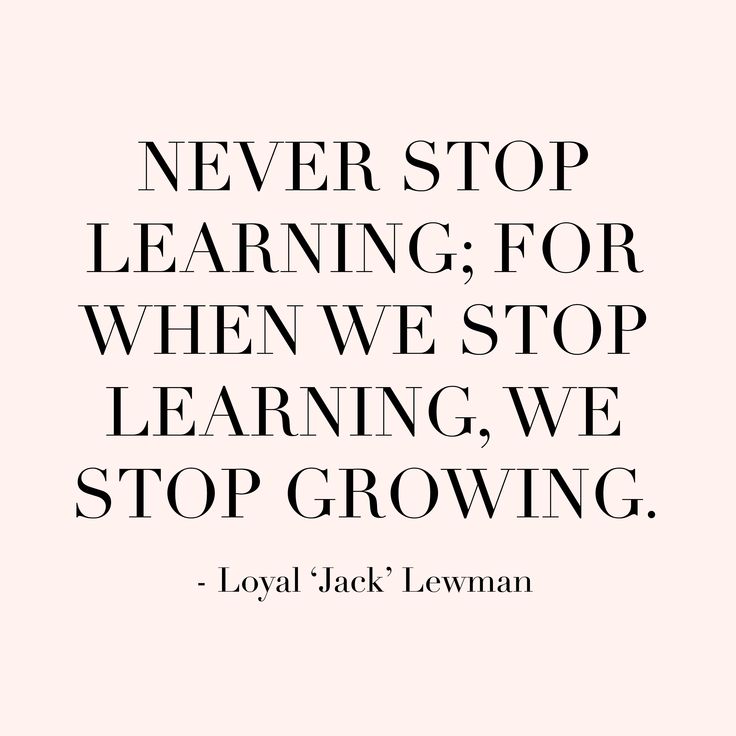 I primarily write and think about psychology. But I often read economics, anthropology, sociology, and political science because they tie into psychological concepts all the time. Seeing those tie-ins makes those other subjects more interesting for me.
I primarily write and think about psychology. But I often read economics, anthropology, sociology, and political science because they tie into psychological concepts all the time. Seeing those tie-ins makes those other subjects more interesting for me.
Ultimately, the goal should be to cultivate a habit of ingesting information from a wide variety of sources and mediums—long- and short-form, print, video, and audio—and use them to compare and contrast the ideas to each other.
A good habit is to actively seek out thinkers or books or ideas that actively contradict your current beliefs. Doing this is emotionally taxing, but if you’re able to do it, one of two things will happen: you’ll either a) discover an area in which you’re wrong, or b) you will improve the arguments for your own ideas. There’s literally no downside to challenging your own ideas and beliefs.
This is especially important because as humans, our default state is to simply regurgitate and rehash what we already believe. We like our little ideological bubbles. We would stay in them forever if we could (and some people do). Actively work to break your own bubble.
We like our little ideological bubbles. We would stay in them forever if we could (and some people do). Actively work to break your own bubble.
Another exercise I do sometimes is journaling, but instead of talking about my day or my ideas, I simply list out some things that are particularly important to me and then I challenge myself to write counter-arguments to each one. Maybe I believe I’m very successful at building online content, so I’ll write that down and start challenging that idea. Sometimes the challenges just seem like a silly exercise, but sometimes you start poking holes in your own bullshit. There have been many times where I’ve changed my own mind on something in this way.
It’s sad to say, but with the internet, the world has become flooded in bad and/or useless information. As consumers, we must be ruthless in our consumption habits. If something is not good or useful within the first 10% of it, skip it. Life is too short. And there’s way too much good info out there.
Keep in mind, “good” is not necessarily the same thing as “enjoyable.” There are many unenjoyable things out there that are incredibly useful. You must always ask yourself, “Is this useful? Is finishing this book/movie/article/podcast going to be useful for my goals?”
If not, then cut it.
More Articles to Aid Lifelong Learning
- How to Become a Better Learner
- 3 Important Life Skills Nobody Ever Taught You
- 10 Life Lessons to Excel in Your 30s
- 10 Life Lessons I Learned From Surviving My 20s
- The Four Stages of Life
- 5 Principles for Making Better Life Decisions
- How to Read Faster and Retain More
- Why I’m Wrong About Everything (And So Are You)
- Why You Can’t Trust Yourself
- The 3 Paradoxes of Life
Learn about the idea that transformed a depressed deadbeat into one of the most important philosophers who ever lived. Read about it in my free 19-page ebook.
About Learn Grow - Learn and Grow
Get Inspired
“I appreciate the many learning opportunities our program gets to achieve enrolled in Learn & Grow. It is critical in becoming a better early care and learning provider and helps me feel inspired. I have fallen in love with my profession all over again!” – Irma Coronado, Irma’s Child Care (Level 1)
It is critical in becoming a better early care and learning provider and helps me feel inspired. I have fallen in love with my profession all over again!” – Irma Coronado, Irma’s Child Care (Level 1)
Enroll Your Program
Learn & Grow is Alaska’s Quality Recognition & Improvement System (QRIS) that provides early childhood education (ECE) programs with comprehensive resources and supports to continuously improve their quality of care. At the same time, Learn & Grow serves as a mechanism for families to gauge the level of quality of individual programs when looking for care for their children.
Learn & Grow also provides families, communities, and policy makers with an understanding of what quality early childhood education is and the impact it can have on children’s development and readiness to learn and succeed in life.
Why Should My Program Participate?
As high-quality early care and education grows in Alaska, parents are taking notice of the benefits of Learn & Grow programs.
Staying actively engaged in quality improvement takes time, dedication, and resources. So when an early childhood education program voluntarily enrolls itself in Learn & Grow, it receives support to participate in the required continuous quality improvement activities.
Supports include:
- Develop program and classroom plans designed to support a programs quality improvement goals.
- Training and technical assistance for classroom teachers to create healthy, safe, child directed, and engaging learning environments to support children’s development.
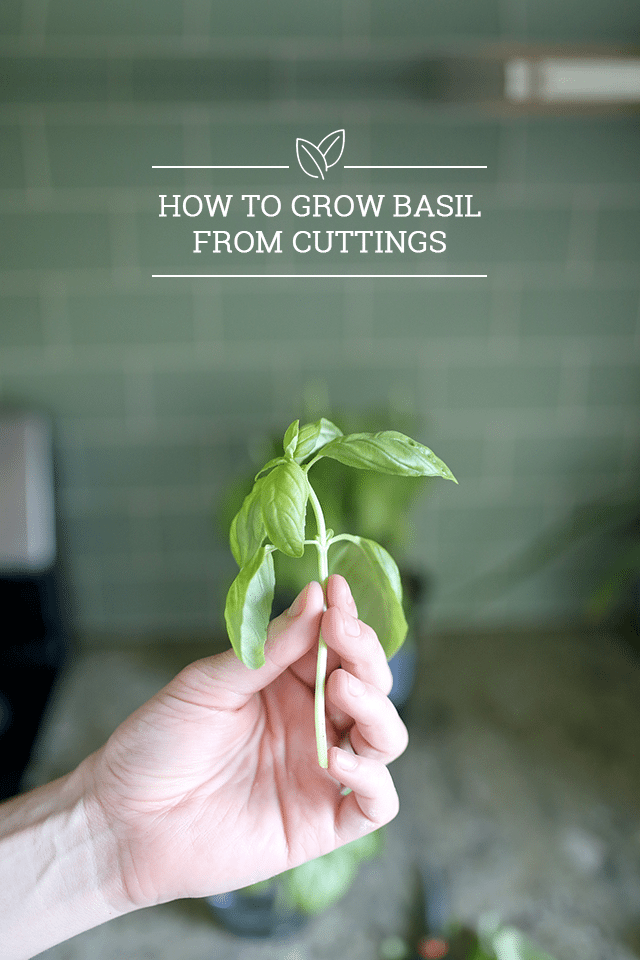
- Training and technical assistance for administrators to support program management & culture and business practices designed to retain and recruit staff.
- Provide financial awards to support professional development, purchase of materials and/or equipment, or other quality expenses.
- Marketing and communication materials to promote program and communicate with families and communities.
How Does it Work?
Learn & Grow recognizes five levels of quality in early childhood education programs. Each level consists of four quality domains, all of which have a unique set of standards and required activities. The focus of these activities includes positive teacher-child interactions, proper use of research-based curriculum and child assessments, increasing teacher education, and creating nurturing learning environments.
- Learn more about the framework of Learn & Grow.
Early childhood education programs must complete all of the quality requirements of a given level to achieve the level recognition. Programs must maintain those quality requirements in order to renew their status each year.
For more frequently asked questions and answers about Learn & Grow, click here.
Become a Learn & Grow Program!
Follow these easy steps to enroll and participate in Learn & Grow
Enroll Now
More About Alaska’s QRIS
What is a QRIS?
Learn more about the purpose and key elements of a Quality Recognition and Improvement System.
History
Learn how Alaska worked for over a decade to implement its QRIS.
Strategic Plans & Partnerships
Learn about the key people and plans guiding Learn & Grow.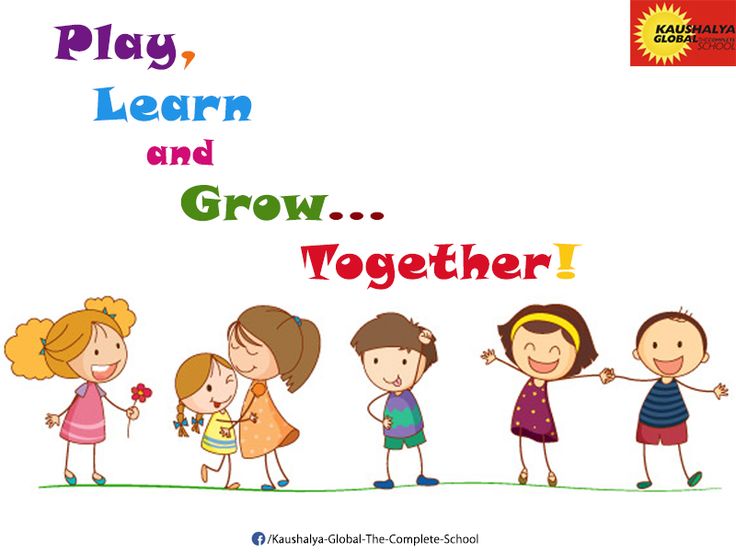
Shannon Leto quote: To evolve, change, grow, learn, adapt, love, experience... we need to be openminded … This is living and this is life.
Taken from Wikiquote. Last updated June 29, 2022
Topics
life, experience, lives, image, due, study
Shannon Leto
43 American rock musician 1970Related Quotes
“Life is a learning experience only if you learn.”
— Yogi Berra American baseball player and baseball team manager 1925 - 2015
“To avoid mistakes, you need to gain experience; to gain experience, you have to make mistakes.”
— Lawrence (Lawrence) Peter 1919 - 1990
“In order for peoples to develop, grow, become famous and think and work successfully, the idea of progress must lie at the basis of their life. "
— Emilio Castellar 1832 - 1899
“Corruption is one of the features of the Asian way of life. People openly accepted rewards, it was part of their lives. ”
— Lee Kuan Yew 1923 - 2015
“I have been learning all my life. And the further, the more I understand that this is necessary. Those people who think that they are already professionals and there is no need for them to develop further in their profession automatically begin to fall back. Nothing stands still, everything is developing rapidly. It is necessary to study, especially if you are engaged in creative work. Many are embarrassed to admit it. But I'm not, I'm learning all my life and teaching others. I am constantly teaching and learning myself.“
- Sergey Anatolyevich Zverev Russian hair designer, make-up artist, stylist, singer the moment when you can love the lifestyle of a particular person, then you love God in that person. At this moment this experience happens, then you become the Universal Soul of yourself.“
- Yogi Bhajan 1929 - 2004
"Life must either create forms or develop in certain forms."
- Georg Simmel 1858 - 1918
internal processes and learning, especially, should occur automatically. And this is f**k. Such beings never gain experience.“
And this is f**k. Such beings never gain experience.“
— Franz Wertvollen writer, educator, musician
Source: Shot zhizni
“It was great growing up in a nomadic family. To be honest, I still like this lifestyle - with a backpack on my back and suitcases at the ready. "
- Jared Leto American actor and rock singer 1971
"When you find a person who matches your feelings, soul and experience, you can stop searching. But finding is a problem for any woman, because we grew up on fairy tales and waited for beautiful princes, who are very rare in life. I believe that you don’t need to wait for a prince, there is no ideal, it’s better to look for a person who will help you grow above yourself and develop.”
- Emmanuel Béart 1963
"Once a faith is destroyed, it takes a long time to grow again - because its soil is experience - and become effective again."
- Daniel Bell American sociologist 1919 - 2011
" Your life is changing.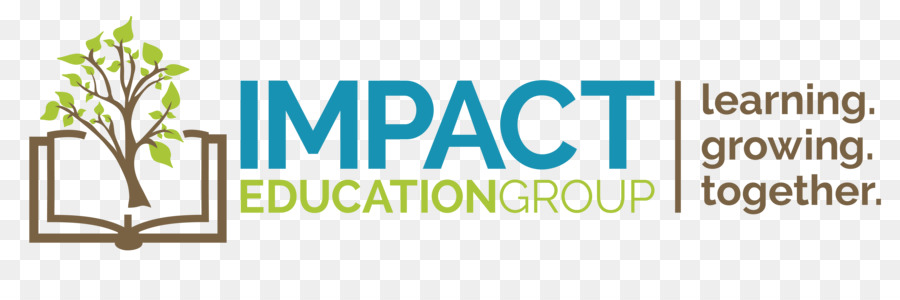 I never followed the rule that everything should be fine. I lived as if I was not under the supervision of society. I thought I was young. I have the right to experience life, and if I want to go to a bar and get drunk as hell, then that's my choice.”
I never followed the rule that everything should be fine. I lived as if I was not under the supervision of society. I thought I was young. I have the right to experience life, and if I want to go to a bar and get drunk as hell, then that's my choice.”
- Shannen Doherty American actress 1971
"We must love more than be loved. We must give more than we take. We must be more open than closed to new ideas. Life is short, so let's enjoy what it has to offer us."
- Shannon Leto American rock musician 1970
We need to love more rather than be loved. We need to give more rather than to take. We need to be more open rather than be closed off to new ideas. Life is short, so let's enjoy what it has to offer moment to moment.
"I feel sorry for people who divide their lives into 'things I like to do' and 'things I have to do'." Life is short, guys. Learn to love her wholeheartedly!”
- Russell Crowe Australian Artist 1964
“Experience is a cruel teacher, but you learn from experience.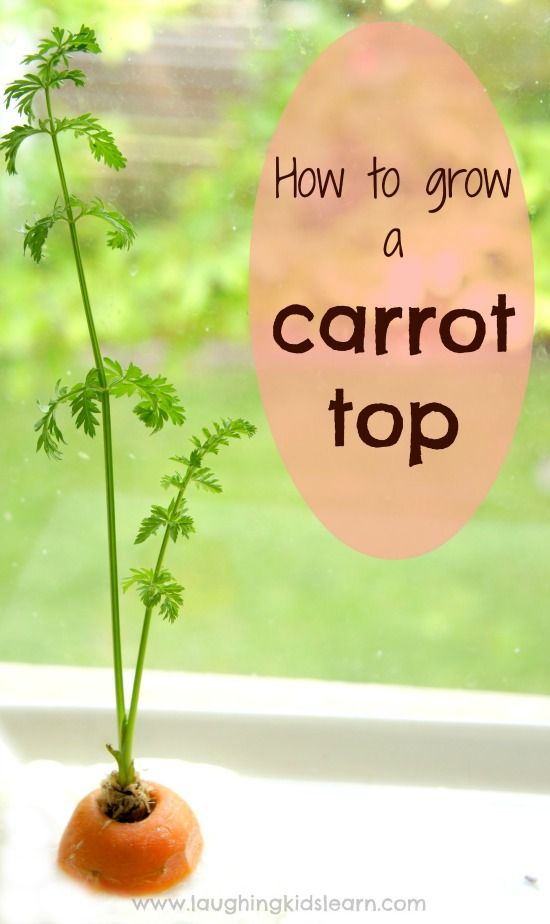 And how you learn!”
And how you learn!”
— Clive Staples Lewis Irish writer and scientist 1898 - 1963
“Punk will never die to me. This is my life. I can never just give up this lifestyle. This is the embodiment of me.“
- Billie Joe Armstrong American musician, singer, guitarist, songwriter 1972
Punk will never be dead to me. It's my life. I can never just drop this lifestyle. It embodies me.
Option: Punk will never die to me. This is my life. I can never just give up this lifestyle. This is the incarnation of me.
“We will look back only to learn from our mistakes and gain strength for the match.”
— Sergio Ramos Spanish footballer 1986
“Learning about life is not difficult at all if you don’t put yourself above everyone else.”
— Emmanuil Vitorgan Soviet and Russian actor December 2009
„People without lives like to hang out with people who don't have lives either. In this way they shape life.“
— Douglas Copeland Canadian writer 1961
Slaves of Microsoft
Related Topics
- Life
- I study
7
- Experience
- LIFE
- image
- PrRO to study the benefit for the career - Work.
 ua
ua Natalya Storozh, READSIONS, SHOULD career.
If you really want to "build a career", you cannot do without constant self-education and career strategy. Moreover, often a career strategy comes down to getting the right education and, of course, the manifestation of will and determination.
The more detailed your own training plan is, the more carefully thought out, the better the result will be.
" If you want education to really help build a career, it is advisable to take into account several important aspects when planning," says Natalia Storozhevaya, whose advice on how to study in order to grow professionally is published by Work.ua.
Natalia singles out seven such aspects. Following them means preparing in advance for those moments in the work process when the accumulated experience, knowledge, connections, influence allow you to make a "career breakthrough" and move to the next step in terms of the degree of responsibility, position level, company status.

1. The educational process must be logical and consistent
If your resume in the “education” section says: construction college, economics department of a technical university, sales training, video editing courses and a certificate in Turkish, then the employer is not very clear what kind of career you wanted to build for 15 years.
2. For a vertical career (growth in position), combine industry and management education
That is, consciously prepare yourself to be leaders. For example, if you are planning to be a Human Resources Director, it is desirable for you to have the following "set":
- higher education in psychology;
- higher management education;
- additional education in the field of labor law;
- it is desirable to take training in business communications and negotiations.
3. For a horizontal career (achieving industry expertise), broaden your range of industry knowledge
Suppose you want to become an expert in finance.
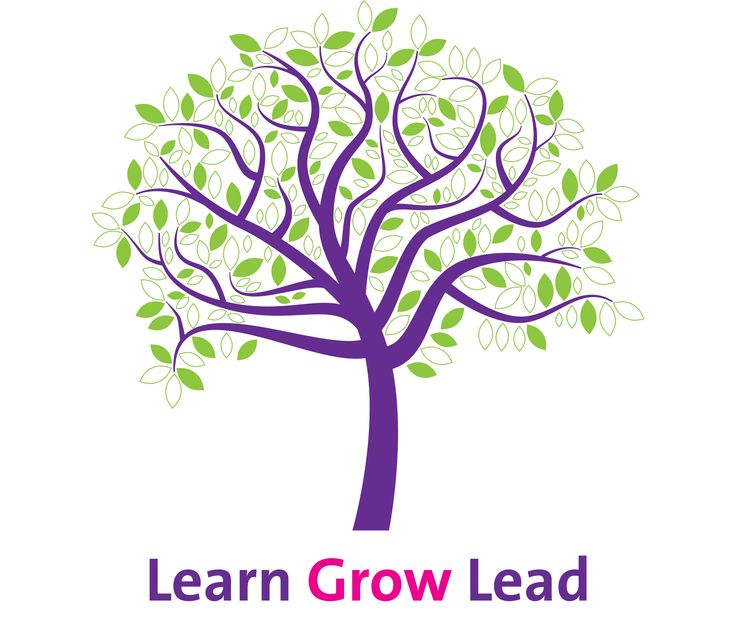 In this case, it is necessary to consistently and comprehensively study all industry aspects:
In this case, it is necessary to consistently and comprehensively study all industry aspects: - financial planning;
- Ukrainian and international reporting;
- management accounting;
- budgeting;
- investment models.
4. Combine theoretical and practical blocks of education
A balanced combination of theory and practice in the learning process allows you to absorb information more fully. When choosing short-term courses or trainings, pay attention to whether the curriculum contains practical tasks, case analysis, business games.
When choosing trainings, do not exchange for "simpler and cheaper", let it be the only one, but the best one, from a recognized specialist and master in his field. When planning a management or industry education, consider certified business schools with high ratings and good references.
5. The learning process must be continuous
Try to keep yourself in "intellectual tone" all the time, do not take long breaks in your studies.
 This does not mean that you need to be an "eternal student" and constantly move from one university to another. It is important to keep fit, discipline yourself, develop the habit of self-education. Plan your education yearly, "send yourself" to study every fall and spring.
This does not mean that you need to be an "eternal student" and constantly move from one university to another. It is important to keep fit, discipline yourself, develop the habit of self-education. Plan your education yearly, "send yourself" to study every fall and spring. 6. Use different formats
Alternate academic education and short-term courses, online programs and field studies, participate in conferences and round tables, attend long-term language courses and one-day master classes with foreign lecturers. In addition to new knowledge, this will sharpen perception, train reaction, update various skills: working with large amounts of information, communication skills, presentation skills, analytical skills.
7. Increase business contacts
In the process of learning, people constantly communicate, contact increases, many new faces appear around: lecturers, trainers, teachers, fellow students. Meet and communicate with people, share experiences.
